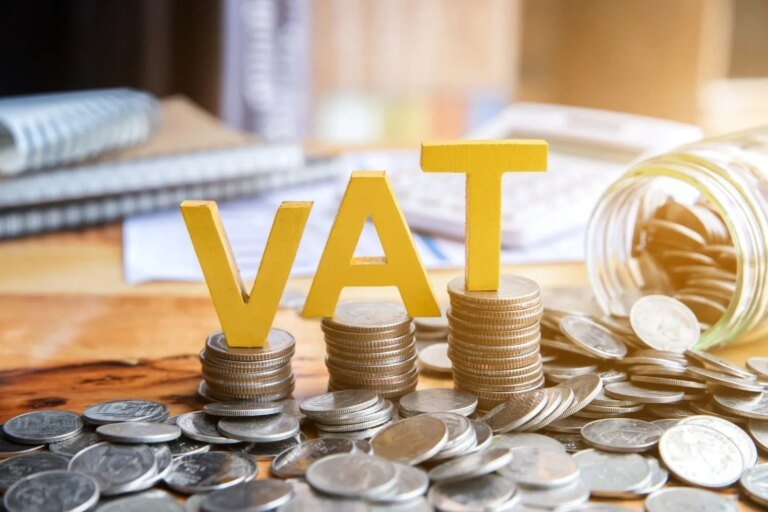A partnership is one of the simplest business structures in which two or more people manage and operate a business together. Section 1 Partnership Act 1890 defines partnership as ‘the relation which subsists between persons carrying on a business in common with a view to profit.’
When considering the incorporation of your partnership business into a limited company, the first step is to determine whether a partnership exists. It is crucial to understand whether a relationship between two or more persons amounts to a partnership rather than simply joint ownership, employer/employee relationship or any other business relationship.
This article guides you in determining whether your business qualifies as a partnership.
How to Determine if a Partnership Exists

Whether a partnership exists depends heavily on the intention of the parties involved.
Since no single factor is likely to be conclusive by itself, all important information must be gathered before figuring out the true relationship between the parties involved.
The existence of a partnership agreement, along with a business, is a key factor to determine whether there is a partnership.
Partnership business will include, but is not limited to:
- separate partnership bank account,
- contracting with utility companies in the partnership name,
- having customer accounts with suppliers of other goods and services in the partnership name,
- issuing invoices, rent demands in the partnership name,
- having a partnership agreement,
- preparing partnership accounts,
- submitting partnership tax returns,
- recording partnership decisions.
Do partners need to actively participate in a partnership for a business to exist?
A common concern is whether all partners need to actively participate in the commercial activities of the partnership.
This is particularly crucial in the context of family partnerships when one individual may perform fewer tasks even while all family members are technically partners and share in the profits made.
HMRC Partnership Manual 132400 has provided a very useful point of reference in this regard. HMRC’s guidance confirms that certain partners contributing more to the activities of a partnership than others do not necessarily compromise the existence of a partnership or, indeed, the partner status of non-active members.
What doesn’t constitute a Partnership?
Section 2 of the Partnership Act 1890 has provided several rules for determining the existence of a partnership. A partnership is not created by:
- A joint tenancy, tenancy in common, joint property, common property, or partial ownership,
- Sharing of gross returns,
- Receipt of a share or of a payment contingent on or varying with the profits of the business.
HMRC Partnership Manual 131800 has outlined relations that do not constitute a partnership. An arrangement between business associates, for instance, is generally described as a joint venture with the following key characteristics:
- where two or more persons who are already running their own business co-operate in some way on a single project but,
- do not calculate and share the resulting net profits or losses.
Case Study on SC Properties and R Cooke v HMRC (TC08537) – Did Partnership Exist?
Let’s look at one of the cases that examined the existence of the partnership.
Background
Mr. and Mrs. Cooke (Appellants) owned a farm, Marepond Copse (MC), on which they wanted to develop a property. However, they claimed that before starting development works on the property, a development partnership was created in September 2014, when they were granted planning permission.
Furthermore, the property was appropriated to the partnership’s trading stock. Money was borrowed against the property’s value.
SC Properties Ltd (SCP), a company owned by the appellants, was granted an option to purchase the property, and the company purchased the property in April 2016, with the consideration being taken to a loan account. The property was subsequently disposed of by the company.
The intention of the planning was to defer the gain until the property was sold by the company. This was to be achieved first by a TGCA 1992 s161 election to defer the gain on appropriation to stock and then under ITT0IA 2005 s178 for transferring stock to the company at an initial cost.
Decision
When HMRC inquired into the self-assessment, they claimed that no partnership existed; therefore, their claim was denied. The basis of this decision was as follows:
There was no evidence of the existence of the partnership; it had no bank account, no contacts, no invoices, and no correspondence.
There were no partnership formalities between Mr. and Mrs. Cooke.

The business was not carried out with a view to making a profit, as the property was transferred to SCP as a part of an option agreement.
Despite the taxpayer’s counsel making a valiant effort to show that the normal formalities are often missing in a family partnership, the tribunal found that although that might sometimes be correct, ‘no reasonable person would consider that such informality would be appropriate for the significant development activity being undertaken here’.
Final Verdict
It concluded that the partnership had no legal reality and existed only in the minds of Mr. Cooke and his advisers. The elections which had been entered into had no effect, and Mr. Cooke was chargeable on his share of the gain on the disposal to the company. Stamp duty land tax was also due on the transfer. Thus, the taxpayer’s appeal was dismissed.
Conclusion
It’s important to note that the specific facts of each case will determine whether a partnership actually exists and, if so, whether it is actively conducting business.
We may sign various partnership agreements; however, there may be situations where something seems to be a partnership but isn’t.
We are dedicated to solve your queries.
Contact us for assistance at any stage of your journey.









